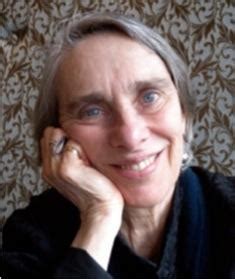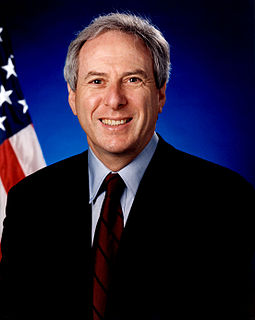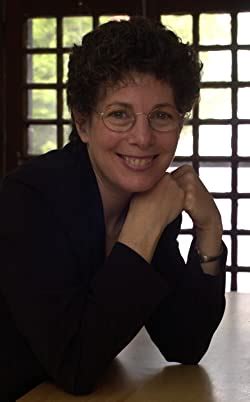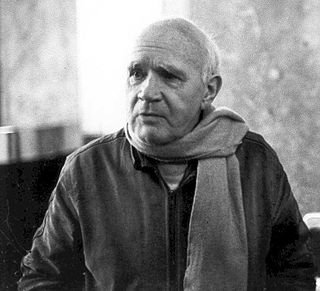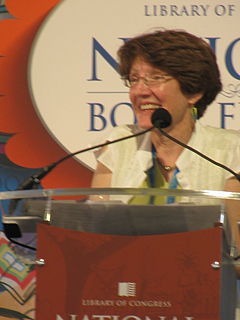A Quote by Joan Larkin
There are some books in which every poem is a facet of the same thing. So the book is like a piece of music. And there are books of poems that I love so much that I carry them around with me.
Related Quotes
Books can be passed around. They can be shared. A lot of people like seeing them in their houses. They are memories. People who don't understand books don't understand this. They learn from TV shows about organizing that you should get rid of the books that you aren't reading, but everyone who loves books believes the opposite. People who love books keep them around, like photos, to remind them of a great experience and so they can revisit and say, "Wow, this is a really great book."
I feel lucky that I read so many books as a kid because I know that no matter how much I appreciate a book now, and I can love a book very much, it's never going to be that childhood passion for a book. There's some element, something special about the way they're reading books and experiencing books that's finite.
Christmas poem to a man in jail hello Bill Abbott: I appreciate your passing around my books in jail there, my poems and stories. if I can lighten the load for some of those guys with my books, fine. but literature, you know, is difficult for the average man to assimilate (and for the unaverage man too); I don't like most poetry, for example, so I write mine the way I like to read it.
I love bookshelves, and stacks of books, spines, typography, and the feel of pages between my fingertips. I love bookmarks, and old bindings, and stars in margins next to beautiful passages. I love exuberant underlinings that recall to me a swoon of language-love from a long-ago reading, something I hoped to remember. I love book plates, and inscriptions in gifts from loved ones, I love author signatures, and I love books sitting around reminding me of them, being present in my life, being. I love books.
I have earned wages as a waitress, a nanny, a librarian, a personnel officer, an agricultural laborer, an advertising secretary, a typesetter, a proofreader, a mental-health-care provider, a substitute teacher, and a book reviewer. In and around the edges of all those jobs I have written poems, stories, and books, books, books.
If you can find two poems in a book, it could be a pretty good book for you. You know, two poems you really like. There are some poets who are fairly big names in contemporary poetry and who write a book and I might like three or four poems in the book, but the rest of them don't appeal to me personally; but I think that's the way it really ought to be. I think it's really a rare thing to like everything that somebody has written.
I am a product of endless books. My father bought all the books he read and never got rid of any of them. There were books in the study, books in the drawing room, books in the cloakroom, books (two deep) in the great bookcase on the landing, books in a bedroom, books piled as high as my shoulder in the cistern attic...In the seemingly endless rainy afternoons I took volume after volume from the shelves. I had always the same certainty of finding a book that was new to me as a man who walks into a field has of finding a new blade of grass.
Sometimes I read the same books over and over and over. What's great about books is that the stuff inside doesn't change. People say you can't judge a book by its cover but that's not true because it says right on the cover what's inside. And no matter how many times you read that book the words and pictures don't change. You can open and close books a million times and they stay the same. They look the same. They say the same words. The charts and pictures are the same colors. Books are not like people. Books are safe.
I still love books. Nothing a computer can do can compare to a book. You can't really put a book on the Internet. Three companies have offered to put books by me on the Net, and I said, 'If you can make something that has a nice jacket, nice paper with that nice smell, then we'll talk.' All the computer can give you is a manuscript. People don't want to read manuscripts. They want to read books. Books smell good. They look good. You can press it to your bosom. You can carry it in your pocket.
I know that the last thing a book wants is to just sit around unread, serving as an element of interior decorating. So when I have people over, all they have to do is glance at my books, and I implore them to take a few home with them. If I am really ambitious, I pack books into boxes and donate them to prisons.
